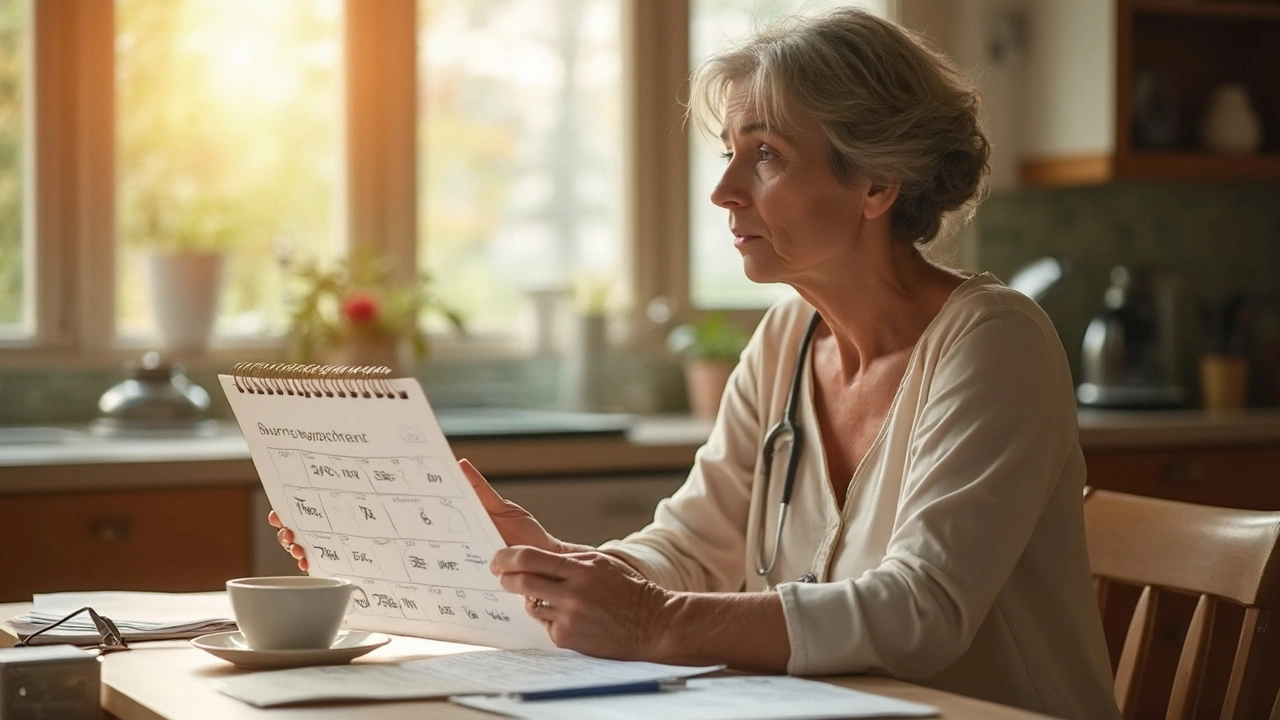Liver Disease: What It Is, Why It Happens, and How to Keep Your Liver Healthy
If you’ve ever heard the phrase “your liver does a lot of work,” you’re right. It filters blood, stores energy, and helps fight infection. When something goes wrong, you can end up with liver disease – a group of conditions that hurt the organ’s ability to do its job.
Common Causes and Risk Factors
Most liver problems start with one or two everyday habits. Excessive alcohol is a top culprit; over time it can inflame the liver and lead to cirrhosis. Viral infections like hepatitis B and C are also big players, especially if they go untreated.
Non‑alcoholic fatty liver disease (NAFLD) is becoming more common as obesity rates rise. Even if you don’t drink much, a diet high in sugar and processed foods can make fat pile up in liver cells, eventually causing inflammation and scarring.
Other risk factors include:
- Taking certain medications or herbal supplements that stress the liver (think high‑dose acetaminophen).
- Genetic conditions such as hemochromatosis, where iron builds up in the liver.
- Autoimmune diseases that mistakenly attack liver tissue.
Spotting early signs can save you a lot of trouble. Look out for yellowing of the skin or eyes (jaundice), persistent fatigue, unexplained weight loss, and swelling in the belly or legs.
Practical Steps to Protect Your Liver
Good news: you don’t need a medical degree to give your liver a break. Here are easy habits you can start right now.
1. Watch Your Alcohol Intake – If you drink, keep it moderate: up to one drink a day for women, two for men. If you already have liver issues, consider cutting out alcohol completely.
2. Choose a Liver‑Friendly Diet – Load up on leafy greens, berries, and lean proteins. Swap sugary drinks for water or green tea. Cutting back on fried foods and fast food helps reduce fatty buildup.
3. Stay Active – Even a 30‑minute walk most days can improve insulin sensitivity and lower liver fat.
4. Get Vaccinated – Hepatitis A and B vaccines are safe and protect you from two major viral causes of liver disease.
5. Review Your Meds – Talk to your doctor or pharmacist about any over‑the‑counter drugs you take regularly. Some pain relievers and herbal products can be harsh on the liver.
Regular check‑ups are worth the time. A simple blood test (ALT, AST) can flag liver stress before you feel sick. If you have risk factors like a family history of liver disease, ask your doctor for a liver ultrasound or FibroScan.
Remember, the liver can heal itself if you give it the right environment. Reducing alcohol, eating smarter, staying active, and keeping up with medical care give you the best shot at a healthy liver for years to come.
-
 VIEW POST
VIEW POSTHepatic Encephalopathy: Why Regular Medical Checkups Matter Most
Apr, 26 2025|11 CommentsHepatic encephalopathy can sneak up on people living with liver disease, causing confusion, memory issues, and even personality changes. Regular medical checkups are key to catching early signs and preventing serious problems. This article breaks down why these checkups matter, what symptoms to watch for, and how you can stay a step ahead. You'll find practical tips and real-world advice to help keep your mind and body healthier for longer. Don't let something preventable catch you off guard.